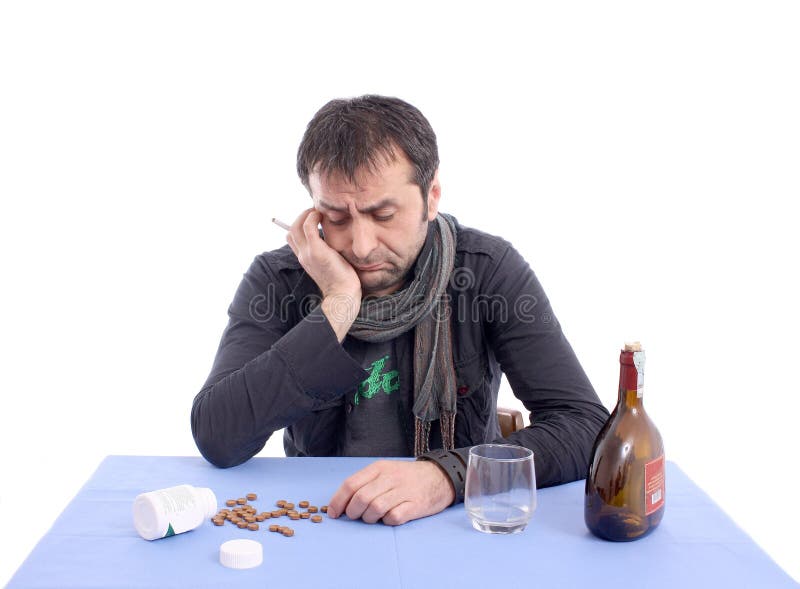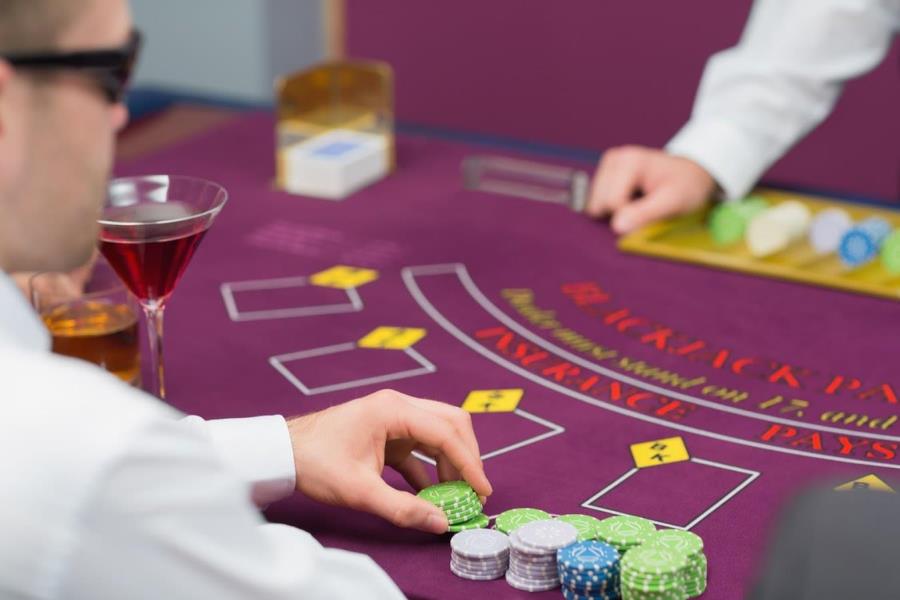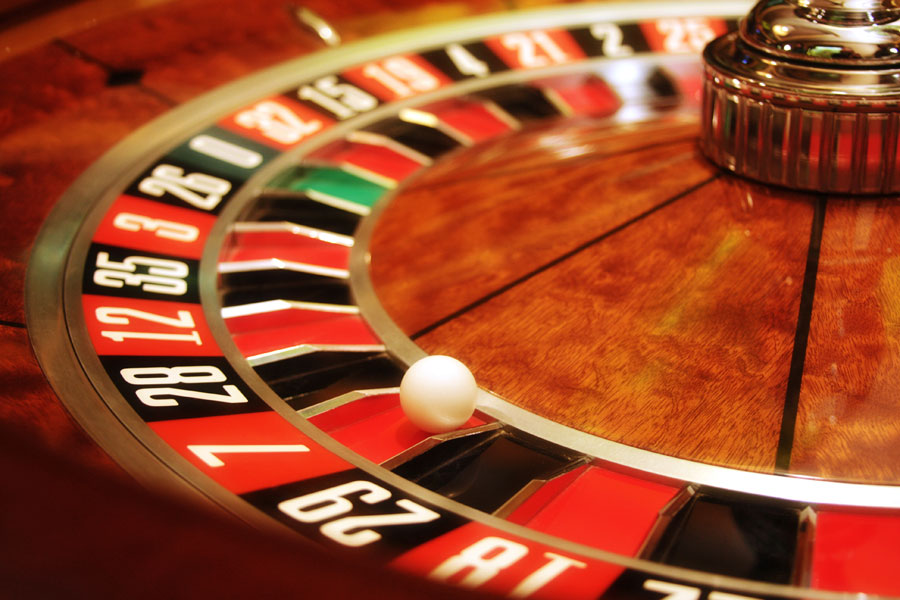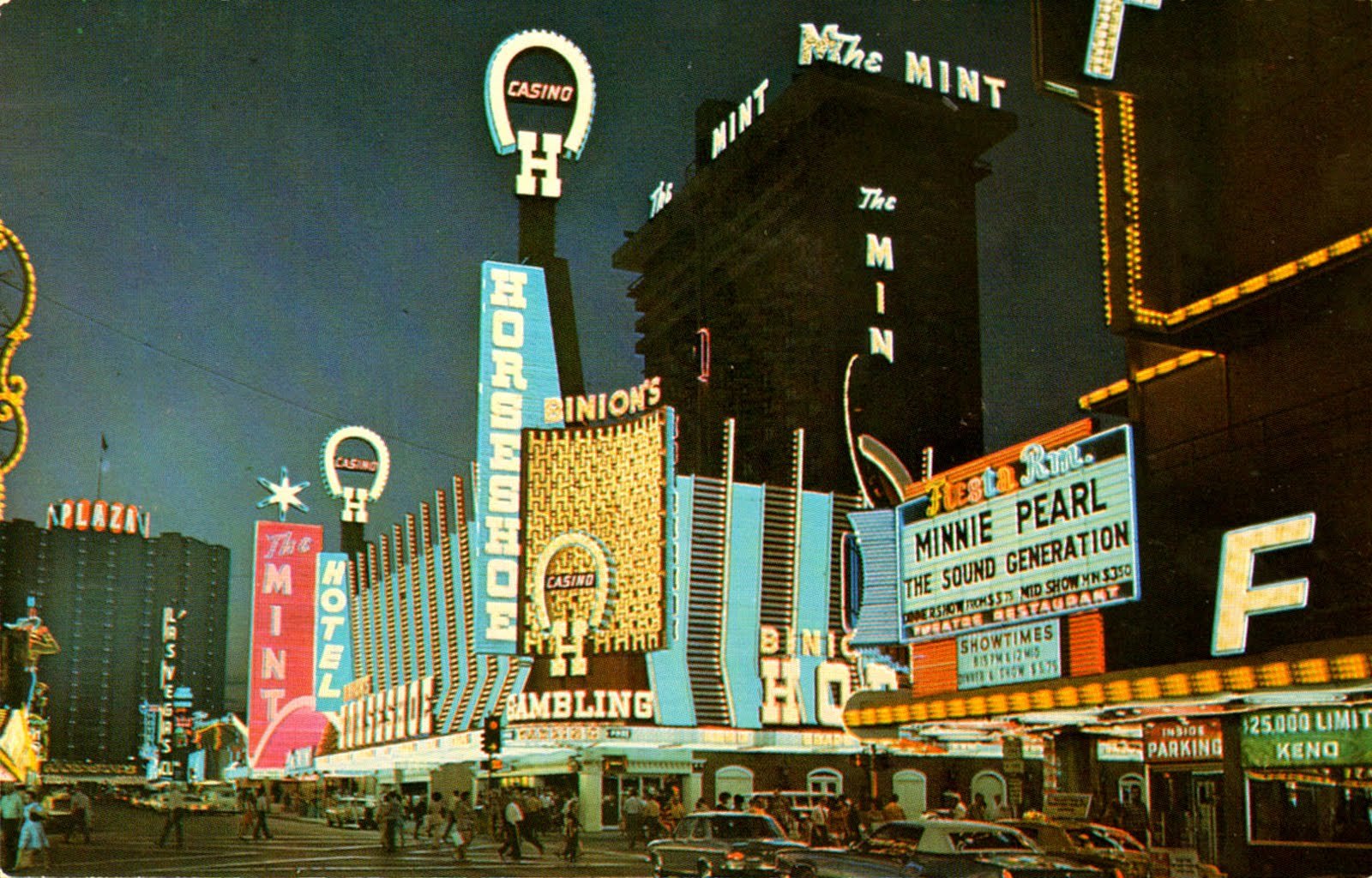Gambling And Depression
It’s becoming increasingly evident that the relationship between video games and depression is real and significant. Researchers are still studying gaming disorder to better understand how excessive gaming impacts people. Something they know already is that understanding the relationship between video games and depression can help treat both.
Video games and depression occur together in over a quarter of all people with gaming disorder. One group of study participants were addicted to video games, while the people in the control group were not hooked on gaming. Just over 26 percent of the video gamers had depression. Slightly more than 11 percent of non-gamers had depression (Liu, 2018).
The high percentage of gamers with depression compared to non-gamers indicates that although not everyone addicted to video games is depressed, the relationship between video games and depression is strong. Multiple studies (Whittek, et al., 2016) have shown that video game addiction is associated with numerous symptoms of depression, including:
- Low mood
- Lack of energy
- Sleep problems
- Irritability
Stress, anxiety and depression are common both for people with gambling problems and for their families. This can make sleeping, thinking and solving problems more difficult. If you have some of the following symptoms for more than two weeks, making your day-to-day life difficult, you may have a major depression. Gambling addiction is a debilitating condition, causing depression and distress. For someone with a gambling addiction, the feeling of gambling is equivalent to taking a drug or having a drink.
- The theme for 2017’s World Health Day is “Depression: Let’s Talk.” While people may not initially associate gambling with depression, many compulsive gamblers also suffer from mental health.
- Depression and Gambling Addictions are caused by a number of factors but stating it simply: we want to feel better and when we do, we want more of what made us feel better! Couple the drive to feel better with the reduced ability to make wise decisions whilst depressed and gambling is dynamite.
This begs a new question: Does one disorder cause the other? Are video games causing depression in heavy gamers, or are people with depression turning to video games as an escape?
The Relationship Between Video Games and Depression: Is It Cause-and-Effect?
The answer to the question about the nature of the relationship between video games and depression is unsatisfactory to researchers, mental health professionals, and those with gaming disorder and depression. The nature is unknown, at least for now.
The problem isn’t that researchers don’t understand the connection. On the contrary, they understand it very well.
Liu and his colleagues (2018), for example, are among those who study the human brain and its functioning in disorders. They found that the same areas of the brain had abnormal functioning in both depression and gaming disorder. The amygdala, prefrontal cortex, gyrus, and the connection between the frontoparietal lobe and the amygdala are disrupted in the same way in addicted gamers and in people with depression.
The problem lies in untangling the connection to see if one causes the other. Currently, it’s a chicken-and-egg conundrum. Gamers who live with depression may increasingly turn to gaming to escape their symptoms such as negative emotions, thoughts, and moods. Getting lost in gaming may be a sign of a problem in the gamer’s real-world life, an indication that something is missing.
On the other hand, depression may develop as a result of the gaming lifestyle. Long hours spent without exercise or much movement at all, nutrition and hydration that are often poor, lack of significant interaction with real-world people, and an intense focus on the content of the game can all contribute to the development of depression.
Depression and Video Games are Correlated
At this point, no one has yet to determine a cause-and-effect relationship between depression and gaming disorder. Therefore, the two conditions are considered to be correlated: they’re related; one influences the other; and when one intensifies, the other does, too.
The fact that excessive gaming and depression are correlated has great implications for people facing both conditions. Treating one helps the other. For example, brain-based research indicates that therapy for depression improves both depression and gaming addiction. Getting help for one can end up being a double bonus when both depression and gaming disorder symptoms subside.
There’s no wrong way to start treatment. The important thing is simply to begin, because taking that first action step is what leads the way toward reduced depression and gaming disorder. Use the relationship to your advantage:
- Tune in to your unique experience. If you find that the more you play, the more depressed you become, you could begin healing by gradually reducing your time spent gaming
- If you find that you’re down more often than not and turn to gaming to deal with it, you might seek professional help for depression and see your gaming time decrease as you replace it with other things
If you or someone you care about is experiencing firsthand the relationship between video games and depression, you can use the correlation to your advantage. Begin treating your symptoms, and you are quite likely to see both conditions improve.
Next: The Relationship Between Video Games and Anxiety
~All Gaming Disorder Articles
~All Addiction Articles

APA Reference
Peterson, T. (2018, July 19). The Relationship Between Video Games and Depression, HealthyPlace. Retrieved on 2020, December 15 from https://www.healthyplace.com/addictions/gaming-disorder/the-relationship-between-video-games-and-depression
Do you know what it’s like to look down at a stack of cards and think, Just one more hand … even though that’s what you told yourself an hour ago?
If so, then you probably already know the truth of John Milton Hay’s observation:
“True luck consists not in holding the best of the cards at the table; luckiest is he who knows just when to rise and go home.”
The problem for people with gambling addiction is that they lose that ability to know when to quit. They’ve lost the “off” switch for their behavior, and they don’t know how to get it back.
What is Gambling Addiction?

Gambling addiction is part of a broader category of behavioral addiction or process addiction. In basic terms, behavioral addiction means that you’re bound to a particular rewarding behavior (such as gambling), and you persist in that behavior regardless of harmful consequences.
Compulsive gambling involves an uncontrollable urge to continue rolling dice and placing bets despite the toll it takes on your life.
Gambling itself can take many different forms, including:
- Purchasing lottery tickets
- Playing card games
- Playing electronic games (such as online slots or poker)
- Playing other casino games such as roulette, dice games, or slot machines
- Placing bets on various sporting events
Many of these behaviors are no problem in moderation, but when they become compulsive, they are major roadblocks to health and happiness.
Types of Gamblers
Furthermore, gambling addiction itself can be subdivided into distinct categories. According to Dr. Robert Custer, there are six distinct types of gamblers:
- Professional gamblers
- Antisocial gamblers
- Casual social gamblers
- Serious social gamblers
- Relief and escape gamblers
- Compulsive gamblers
For the purposes of this article, we’re focusing in on relief and escape gamblers, as well as compulsive gamblers. These are the people who are trying to use gambling to keep a lid on feelings that seem unmanageable.
What Drives Gambling Addiction?
As the co-founder of a non 12-step rehab specializing in dual diagnosis, I work with people with addictive behaviors all of the time. Often our participants come to us with both substance abuse and process addictions; there is significant overlap.

That said, I can also sum up everything I know about addiction in five words: It isn’t about the substances! Instead, it’s about the underlying core issues that drive the drug use.
Underlying core issues include hopelessness, despair, depression, anxiety, trauma, and other mental and emotional concerns that fuel addictive behavior.

From my perspective, the major mental and emotional health issues driving gambling addiction are as follows:
- Depression
- Anxiety
- Low self-esteem
Let’s unpack each one of those in detail, as they’ll give us a road map for recovery.
How to Heal from Gambling Addiction
Gambling Caused Depression And Bankruptcy
Depression
What is depression? Depression is anger turned inward.
That’s right: what you think of as stifling hopelessness, ennui, or despair is actually the result of anger turned against yourself.
Depression And Gambling Addiction
We begin to work with depression by addressing the anger that precipitates it. One great way to do this is with a technique called “Free Form Writing.”
This is an accessible exercise, one that you can do anywhere that you have about 10 to 15 minutes of privacy. Just grab a pen and paper and begin to write.
If you want a prompt, try this: “I’m angry about …”

Then fill in the blank.
You can say anything you like, just keep your pen moving for at least 10 minutes. Don’t censor yourself or hold back; these words are for you alone.
At the end of the allotted time, don’t pause to reread; instead destroy the paper. Burning it is best, but you can also shred it. You’ll be surprised by how much this straightforward exercise can free you up to feel what you feel.
Anxiety
Anxiety is the ungrounded feeling of your energy bouncing off of the internal walls you’ve set up around your emotions.
Gambling And Depression
When you refuse to feel your hurt and anger, your energy gets blocked, and that ping-pong feeling is what we call anxiety. (Panic is simply amped-up anxiety, an acceleration of the ping-pong!)
As such, we work with anxiety by dismantling those internal walls around your emotions. One great way to do this is to start expressing your “forbidden” feelings.
You can use the free-form writing technique described above, or find a safe person such as a therapist and start to express the off-limits parts of your psyche. This is an opportunity to share deep emotions and to begin healing.
For a more detailed explanation of how depression and anxiety interact and feed into one another, check out our post on anger and addiction.
Low Self-Esteem
Low self-esteem happens when you allow your negative thoughts to run rampant and unchecked through your brain. Life coach Brooke Castillo describes it in these vivid terms:
“If you aren’t aware of the 60,000 thoughts that are going through your head every day, it’s like your brain is a toddler with a knife running through there. There is nothing more frightening for a life than an unsupervised mind.”
Unless you set the intention to do otherwise, you will experience thousands of negative thoughts each day. But there is a way out!
Gambling Addiction And Depression
To work with low-self esteem, you can use affirmations. These positive thoughts retrain your brain, giving you a chance to rewire your automatic negative thought patterns.
Check out The Power of Positive Affirmations for more detailed instructions on how to get started!
Gambling And Bipolar Disorder
Conclusion: Put the Pieces Back Together
In the words of writer Hunter S. Thompson, “Gambling can turn into a dangerous two-way street when you least expect it. Weird things happen suddenly, and your life can go all to pieces.”
Bipolar And Gambling
The good news is that when you know how to heal your underlying core issues, you can pick up those pieces and build a new – and better – life for yourself.



